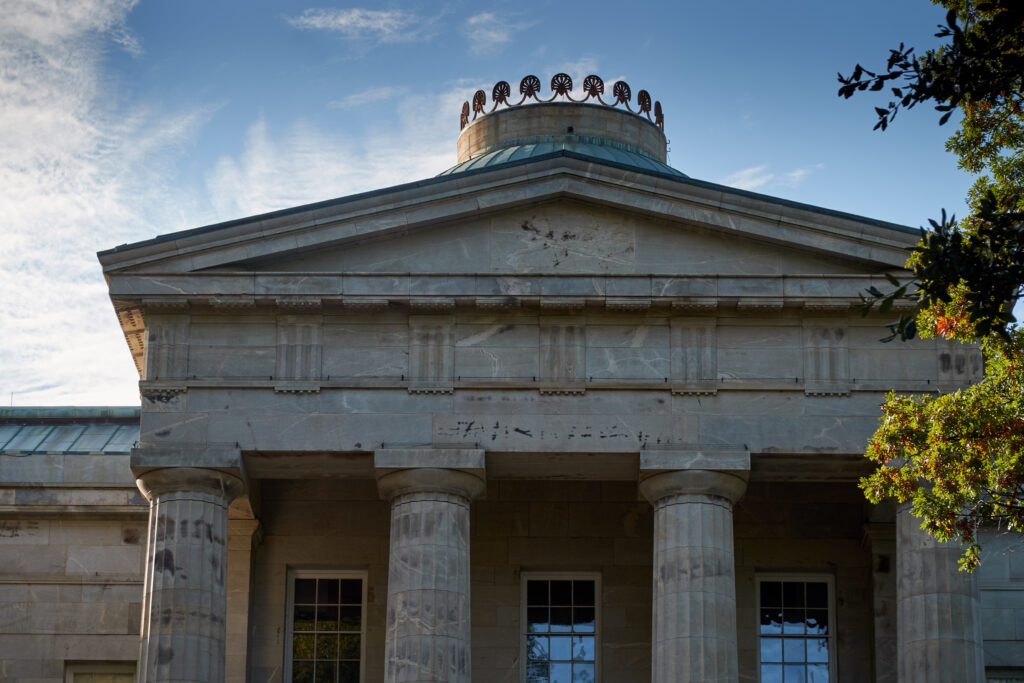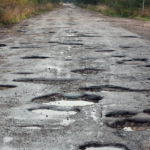The Raleigh News & Observer published two op-eds on modernizing the North Carolina transportation revenue model. We are elated that our elected officials of both parties recognize the issue and engaging in a public debate. We must encourage our elected officials to find fair and equitable solutions.
The first was from Senate Transportation Committee Chair, Sen. Vickie Sawyer, a Republican from Iredell County – “I see serious potholes in Gov. Cooper’s transportation plan.”
Gov. Roy Cooper recently announced a goal of getting 1.25 million electric vehicles on the road in North Carolina by 2030. For reference, as of December 2021, there were 24,997 EVs registered in the state. While I support embracing this new technology, we must be realistic about its impact on the DOT’s financial picture and what it means for all of us.
What keeps me up at night is the fact that the N.C. Department of Transportation receives nearly 50% of its funding from a tax on gasoline sales. That means as more EVs hit the road the state will have less money to maintain and invest in safe and accessible roads and bridges. Potentially eliminating half of the department’s revenue source will have devastating consequences.
Governor Cooper penned an op-ed to share his views on the issue – “A gas tax in a world that’s turning away from gas isn’t sustainable.”
Earlier this month, I signed Executive Order 246, which aims to reduce greenhouse gas emissions economy-wide and not just in the electric power sector. That means we must take steps to accelerate our state’s transition to a clean transportation future, setting the realistic goals of having at least 1.25 million zero-emission vehicles (ZEVs) on our roads by 2030 and reducing economy-wide carbon emissions 50% by 2030 and achieving carbon neutrality by 2050.
Just as we did with the Clean Energy Plan, we will convene public and private experts and stakeholders to create a Clean Transportation Plan for North Carolina that will also focus on protecting our most vulnerable communities and seeking environmental justice.
The market is changing quickly. If we want to make, sell, buy or drive new cars here in 10 years, then our transportation infrastructure and policies must change with it.







